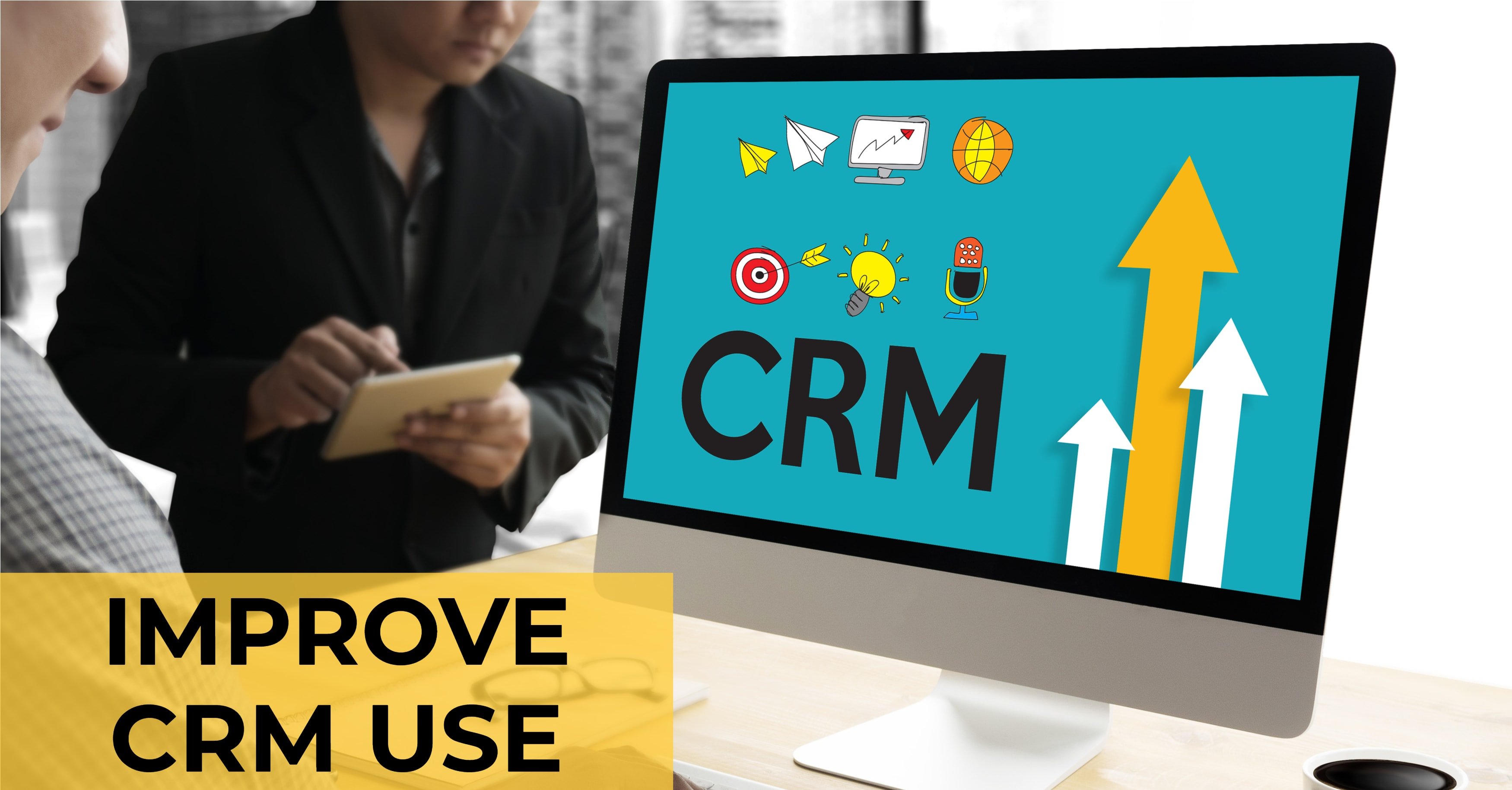Get the Most from Your CRM Software
A common dilemma we see organizations face when implementing a new CRM system is determining the best way to use it. Many businesses assume that once they purchase the CRM software licenses, they can simply install the software and watch it work its magic to optimize front-end activities. But every organization is different, which means that your CRM software might not give you what you’re looking for straight out of the box. How will a software system like Salesforce or Microsoft Dynamics 365 immediately know what kind of metrics to track or the pain points in your front office?
One of the best ways for companies to improve CRM adoption is to effectively contour the system to support specific goals. This means aligning the CRM instance to unique business processes. However, many organizations fail to realize several key practices when doing this, which often leads to poor user adoption and misaligned software. Below are three key tips to maximize the value of your CRM.
Eliminate Unnecessary Tracking
Think about how your sales team operates. What is their primary motivation? It’s to sell, not utilize software. It’s imperative that the CRM operate easily, so that it feels more like a tool and less like big brother. Now, ask yourself: are you using CRM as a digital babysitter? Are you asking your sales team to record every single action, conversation, phone call and stop they make? If so, chances are that you didn’t mean to. However, this is incredibly common, and leads to poor adoption and improper use among many companies that we see operating a new CRM instance.
By using the CRM to track minutiae that may not matter to your actual sales process, you are probably frustrating your salespeople and driving yourself crazy policing inconsequential behaviors. One recurring theme that we have seen in successful implementations of CRM is that firms track only necessary information, not every single action. That’s why you should take your sales reps’ concerns as well as overall sales goals into account when determining which CRM metrics to track.
Make Dashboards Easy to Use
Gone are the days of IT pulling all the reports and printing them for executives. When it comes to sales and service, leadership needs to be able to monitor how the things that truly affect business are operating on a day-to-day basis. Having dashboards that are easy to understand makes this a reality. Unfortunately, it’s common for organizations to offer no executive dashboards to their leadership, or ones that are complicated or unhelpful. Find out what information is vital on a daily, weekly and monthly basis to executives and make sure dashboards offer this insight.
Often, organizations won’t even know what information is vital, which is the reason they are installing CRM in the first place. If this is the case, it should create an even greater urgency around defining the sales process and aligning it to the CRM software. This will create a general layout for what makes actions successful. These metrics can be used as an analytical starting point. Organizations that are struggling in this area should consider reaching out to a partner to aid in this process.
Provide Proper Training
This seems intuitive, right? Of course you’re going to train the employees on how to use the software. However, there’s a big difference between capability and comprehension. Your employees may be trained to effectively accomplish tasks within the system, but do they understand the why behind the way things are done? Do they understand that many of the tasks aren’t data entry?
The tasks in the system are actually the processes that your organization uses to accomplish its business outcomes. If your employees don’t understand why the system is being used and why it is improving or supporting new business processes, how will they know if they are using it correctly? Proper training is imperative to motivating your departments to efficiently utilize their CRM system for their daily business processes.
Wrap Up
These tips may seem simple, but failing to get people on board with your CRM implementation or align the project with your specific business needs can waste your investment. To get the most out of your CRM, work with a premier consultant at Datix. We have over 20 years of experience and are certified partners with CRM leaders Salesforce and Microsoft Dynamics 365. We’re experts in business process modeling, making us the best choice for executing your CRM project in line with your unique goals. Plus, with our Unity integration solution, we can connect CRM and ERP systems into a single source of truth. Reach out today to improve your CRM performance!


